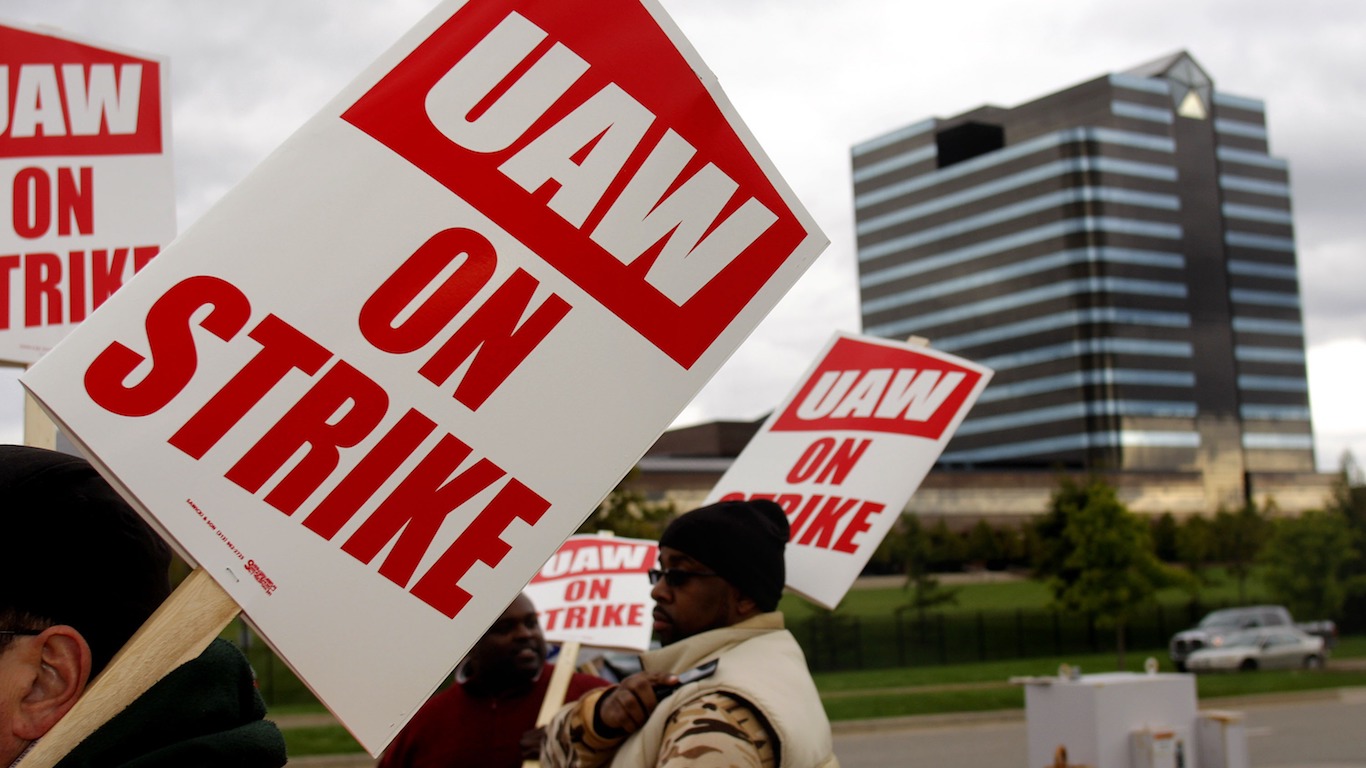
On Monday, the Walt Disney Co. (NYSE: DIS) settled its dispute with Charter Communications Inc. (NASDAQ: CHTR) just hours before Disney’s ESPN broadcast of the new NFL season’s first Monday Night Football game. Disney basically sold Charter the right and the means to jump into the non-linear broadband world for a paltry $2.2 billion.
The deal opens the door for similar agreements between other cable TV operators and streaming-only services like Disney+. Cable viewership has been declining for years, and operators like Charter are turning to broadband/streaming as a way to survive.
Charter’s Spectrum Select customers will have access to the basic Disney+ subscription for about half the retail rate, and Spectrum Select Plus customers will receive ESPN+ at no cost to Spectrum. Charter does not have to toss any of its loser linear programming, and it does not have to pay Disney anything other than the $2.2 billion and a wholesale price for each subscription to Disney+. That is a good deal for Charter.
For its part, Disney gets to put its ad-supported Disney+ offering in front of 14 million Charter customers with the hope that they will subscribe, earning Disney the fee plus 100% of ad revenues. For the ESPN+ part of the deal, Disney gets essentially nothing but more eyeballs. That may pay off when ESPN launches its streaming service in — wait for it — 2025.
Oh, and Charter will also dump eight Disney networks right now: Freeform, Disney Junior, Disney XD. Nat Geo Mundo, Nat Geo Wild, FXM, FXX and Baby TV.
Following Thursday night reports that Allen Media has offered to buy Disney’s ABC network for something in the neighborhood of $10 billion, Disney on Friday morning issued this statement:
While we are open to considering a variety of strategic options for our linear businesses, at this time The Walt Disney Company has made no decision with respect to the divestiture of ABC or any other property and any report to that effect is unfounded.
Right.
Arm Holdings PLC (NASDAQ: ARM) reaped $4.87 billion from its Thursday initial public offering but left more than $1 billion behind. The stock closed more than $12 a share above the IPO price of $51 on nearly 100 million shares. For every dollar above the IPO price, Softbank donates $100 million to its stable of handpicked (by the underwriters) initial investors.
Softbank Group boss Masayoshi Son preferred to take no risk that initial buyers would pull out of the deal and start an exodus that would have lowered Arm’s valuation further from Son’s original IPO hopes for a valuation of between $60 billion and $70 billion. At Thursday’s closing price, Arm is valued at $65.25 billion. Arm shares were trading at around $68 in Friday’s premarket. That is another $300 million that fell through a hole in Softbank’s pocket.
The United Auto Workers union went out on strike at 11:59 pm Thursday night, closing one plant from each of Ford Motor Co. (NYSE: F), General Motors Co. (NYSE: GM), and Stellantis NV (NYSE: STLA). This is the first time the union has ever taken a strike action against all of Detroit’s Big Three automakers.
About 12,700 workers out of 150,000 union members will be affected by what union president Shawn Fain is calling a stand-up strike. The strike could affect more plants if negotiations between the union and the automakers if a new four-year contract is not concluded.
Union members have walked out at a Wayne, Michigan, Ford plant that makes the company’s popular Bronco SUV and Ranger pickup trucks; the Wentzville, Missouri, GM plant that makes the GMC Canyon and Chevy Colorado pickups; and the Toledo, Ohio, Stellantis plant the makes the Jeep Gladiator and Wrangler.
A settlement does not appear to be close. The union is seeking a 40% wage increase over the four-year term of the contract, along with changes to wage tiers, cost-of-living adjustments and pensions. The automakers have offered wage increases of around 20%, but have balked at the union’s other demands.
Originally published at 24/7 Wall St.
Sponsored: Tips for Investing
A financial advisor can help you understand the advantages and disadvantages of investment properties. Finding a qualified financial advisor doesn’t have to be hard. SmartAsset’s free tool matches you with up to three financial advisors who serve your area, and you can interview your advisor matches at no cost to decide which one is right for you. If you’re ready to find an advisor who can help you achieve your financial goals, get started now.
Investing in real estate can diversify your portfolio. But expanding your horizons may add additional costs. If you’re an investor looking to minimize expenses, consider checking out online brokerages. They often offer low investment fees, helping you maximize your profit.






